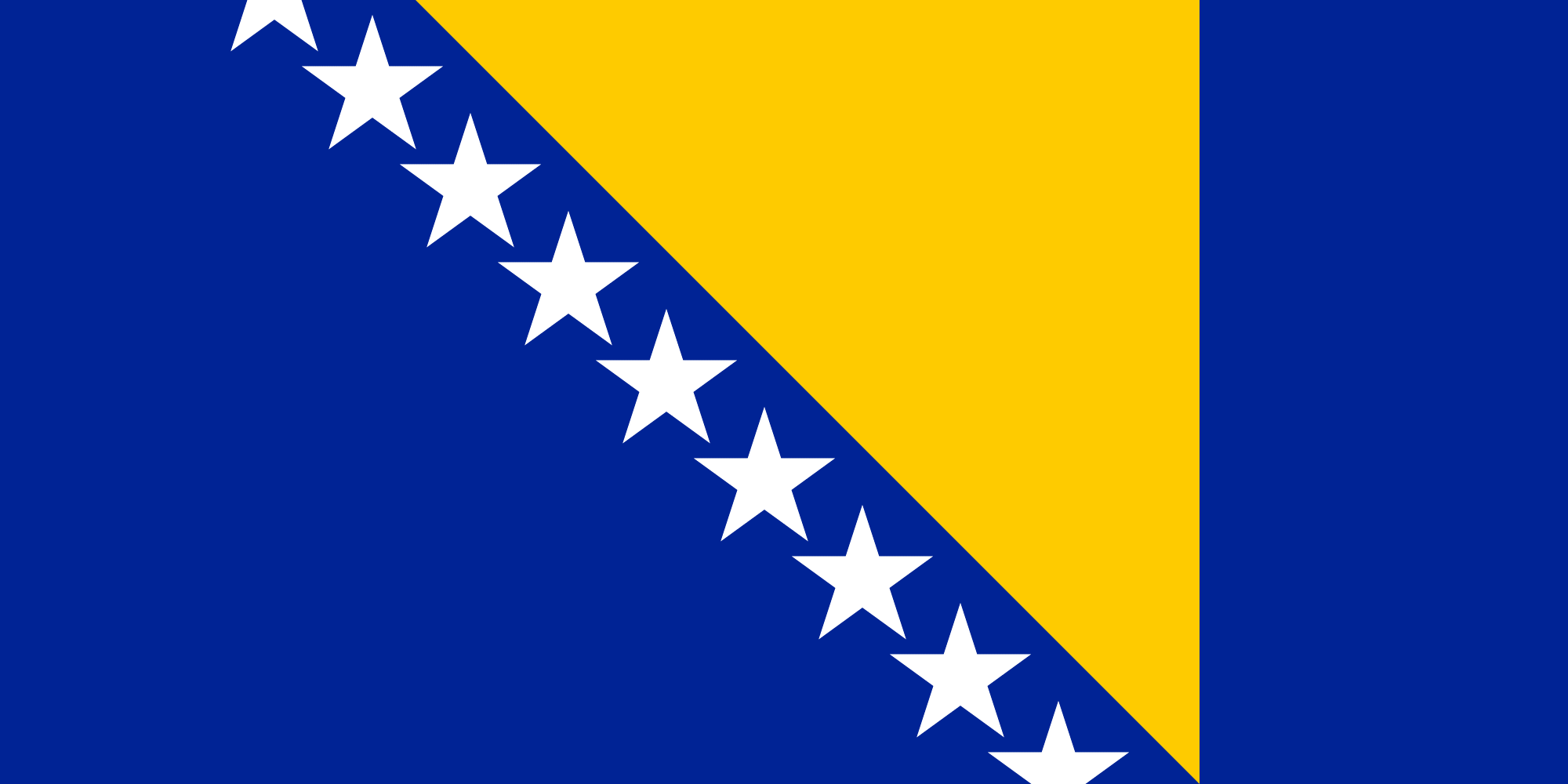The subject introduces future educators to knowledge and methodology of teaching intercultural understanding and human rights. Present at the conference were representatives from the Universities, partners and future lecturers, discussing and planning a joint mission, vision and approach. The electoral subject is initiated by the Norwegian Helsinki Committee, the Helsinki Committee for Human rights in Bosnia Herzegovina and the Helsinki Committee for Human rights in Republika Srpska, BiH.
Mr. Jan Braathu emphasized the value of the regional component, because it depends on inter-university cooperation. Such cooperation is for the time being not sufficiently developed in BiH. As an appeal to the participants, he stated that the international community should only aid and support the processes to follow, and that the responsibility and implementation should arise from the Bosnian partners themselves, based on needs arising from their daily work. He made it clear that on the behalf of the Norwegian foreign ministry, he consider the establishment of this electoral subject as very important.
During the spring semester 2010, the pilot phase of introducing the subject “Intercultural understanding and human rights” was implemented at the university Džemal Bijedić in Mostar. Students from the pilot phase presented the participants at the conference with what they have gained from taking the subject. They particularly underlined the fact that real activist were the ones holding the lectures, as essential to the success. Also the familiarization with issues like personal liberty, children’s rights, equality, sexuality and the rights for sexual minorities was crucial, as these issues are not provided by the existing programs. Džemal Bijedić is the first university to organize this subject – and it will be introduced at pedagogical departments in Eastern Sarajevo Pale, University of Sarajevo, University of Džemal Bijedić Mostar, Eastern Sarajevo Bijeljina and possibly the University of Tuzla in the year to come.
The Norwegian Helsinki committee started to deal with human rights education in the western Balkans in 2000, subsequently educating more than 4000 young people, teachers and others in human rights, intercultural understanding and peaceful conflict resolution. The same year, NHC took the initiative to establish what was to become a bachelor and master study at the University College in Buskerud; “Human rights, multiculturalism and conflict management.” Head of this program, associated professor Lars Petter Soltvedt, presented how this study could become a reality in Norway. This experience corresponds partially to the current situation for the Bosnian universities, as it was difficult initially, finding a place within and already established college structure with its own academic dynamic, and Mr. Soltvedt underlined the necessity of being flexible from the very beginning. Showing examples from his university partners in conflict zones like Iraq and Palestine, he pointed out that such programs are both possible and effective. There was also representation from the Centre for International studies at the University College of Oslo, explaining the dynamic of yet another way of organizing intercultural studies at universities.
